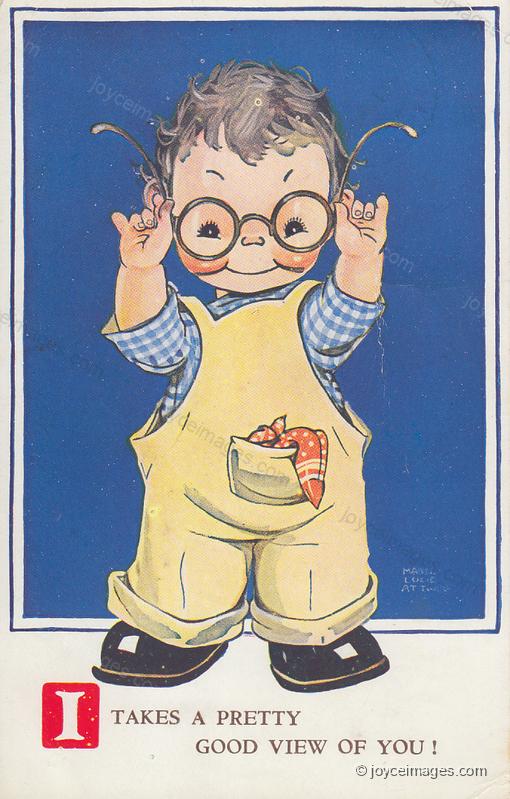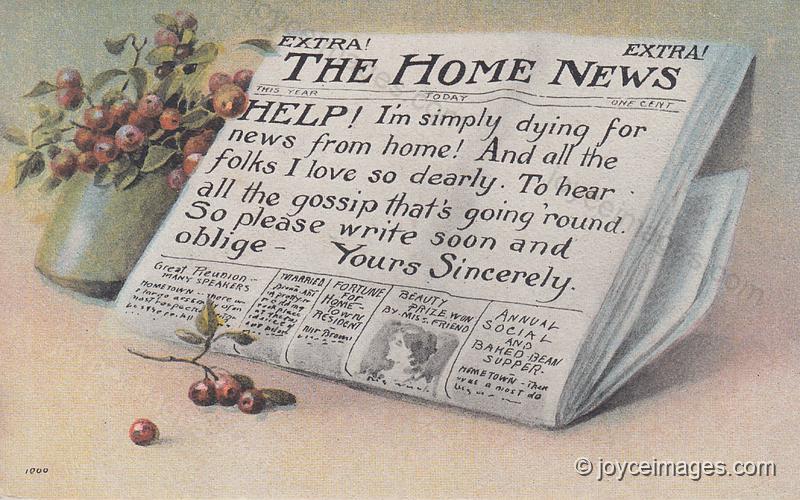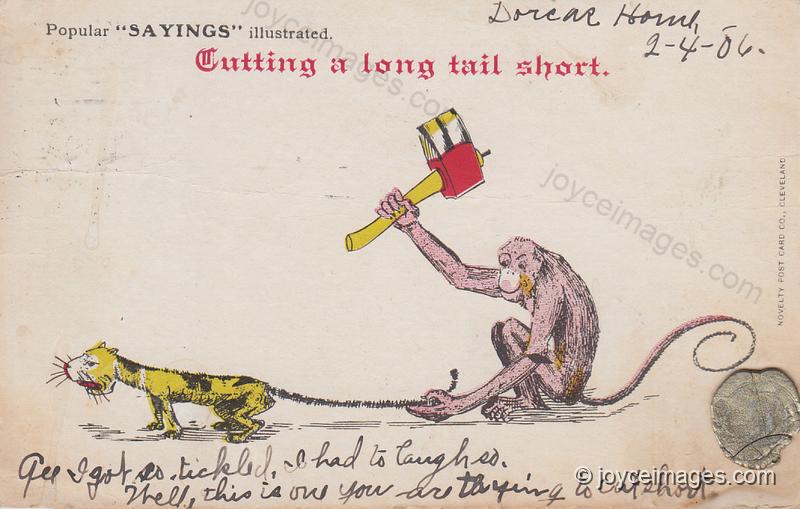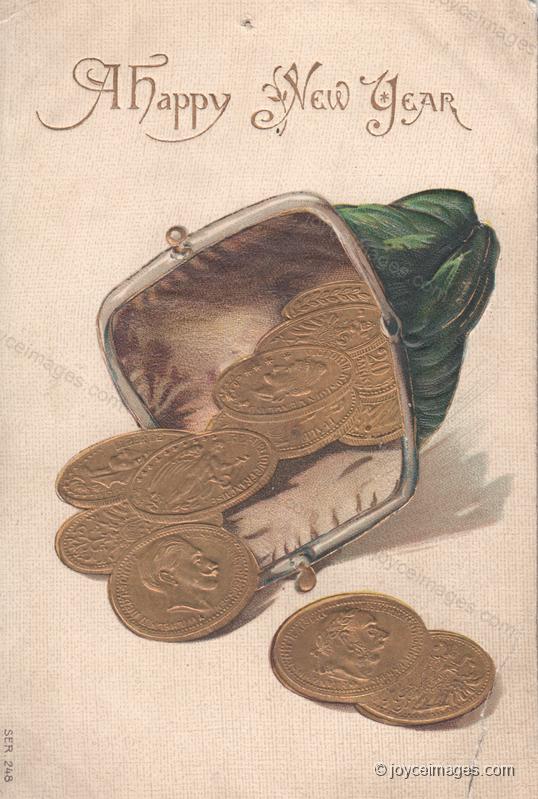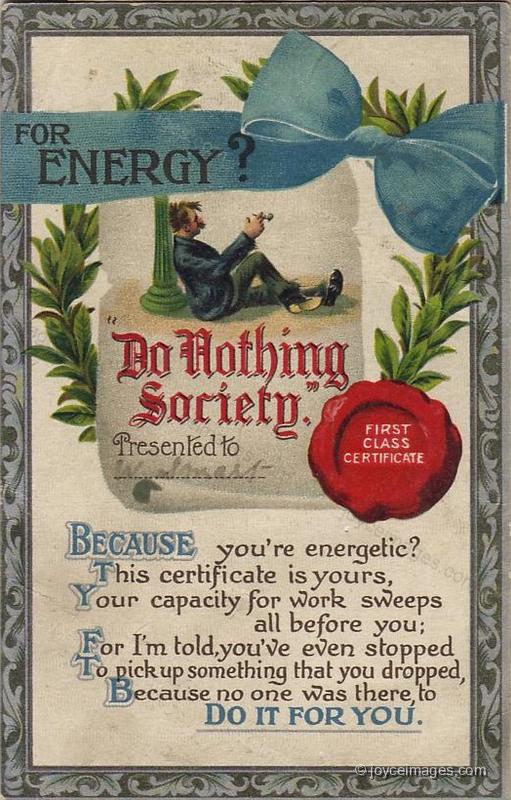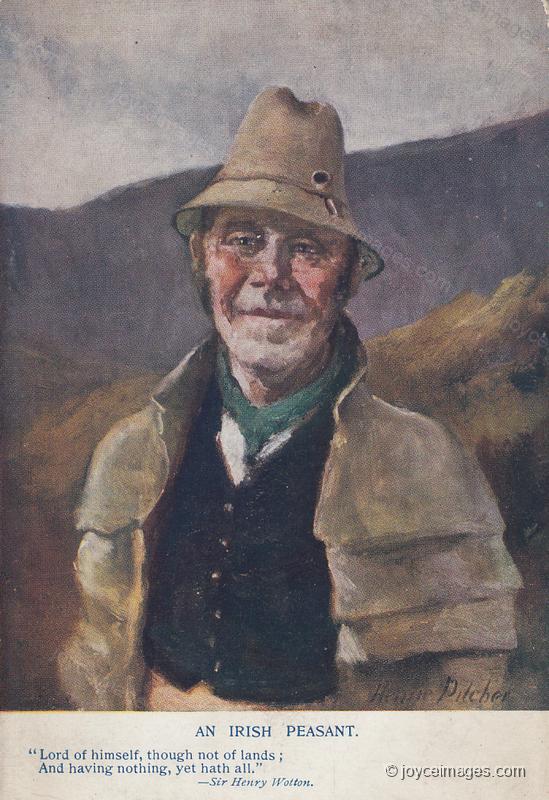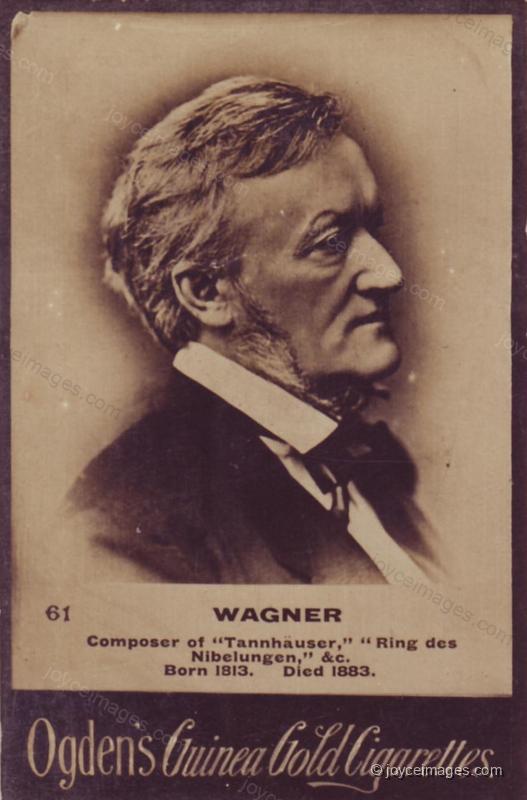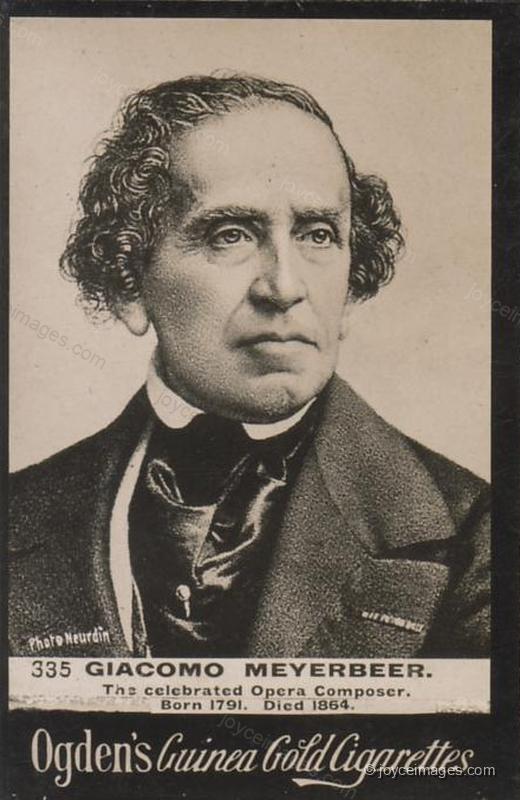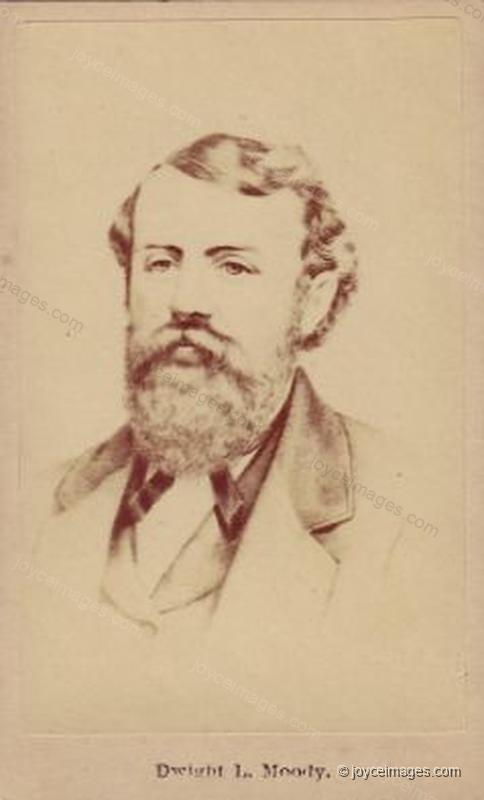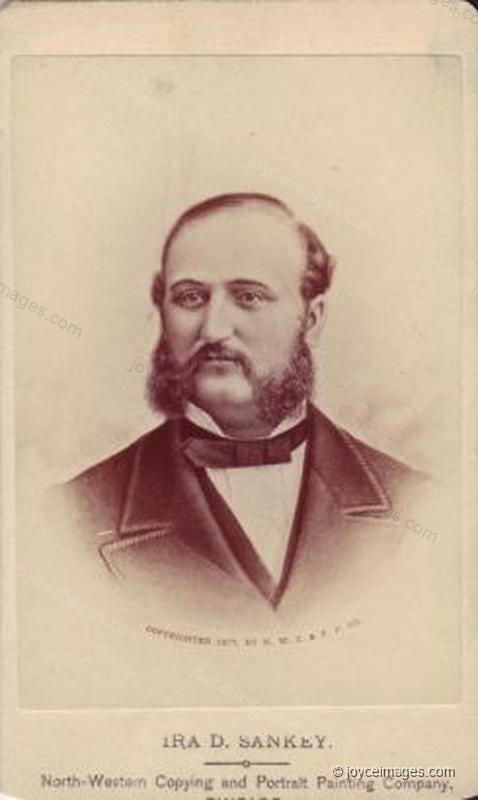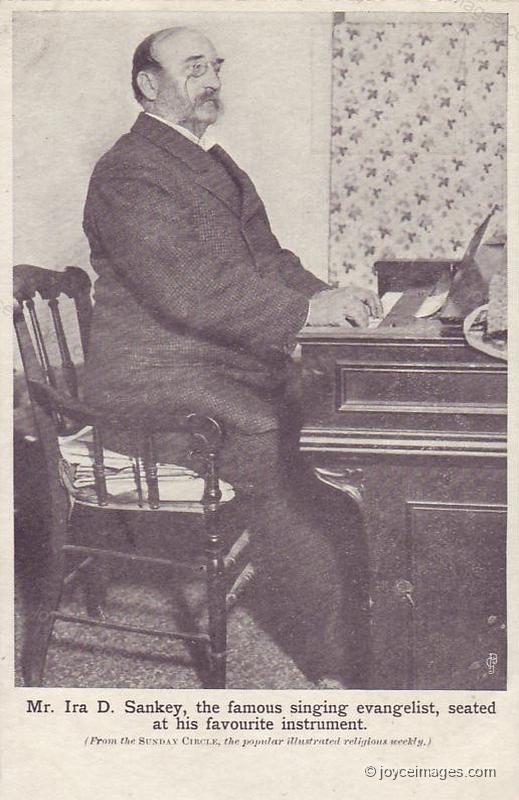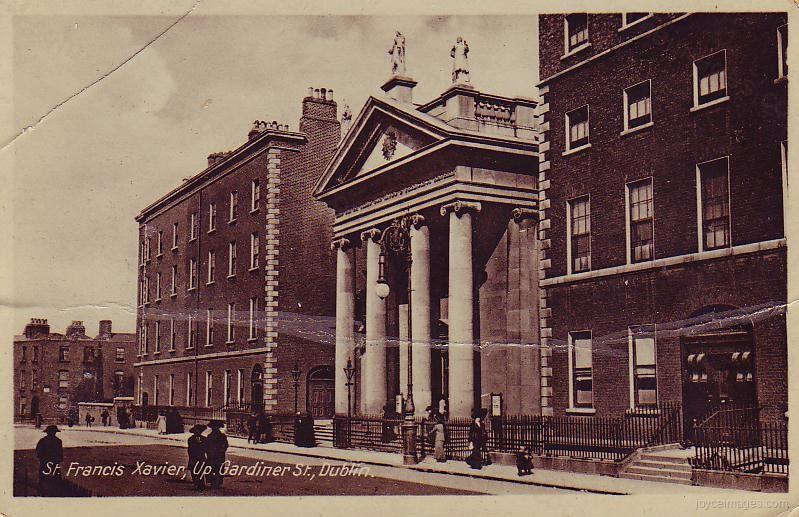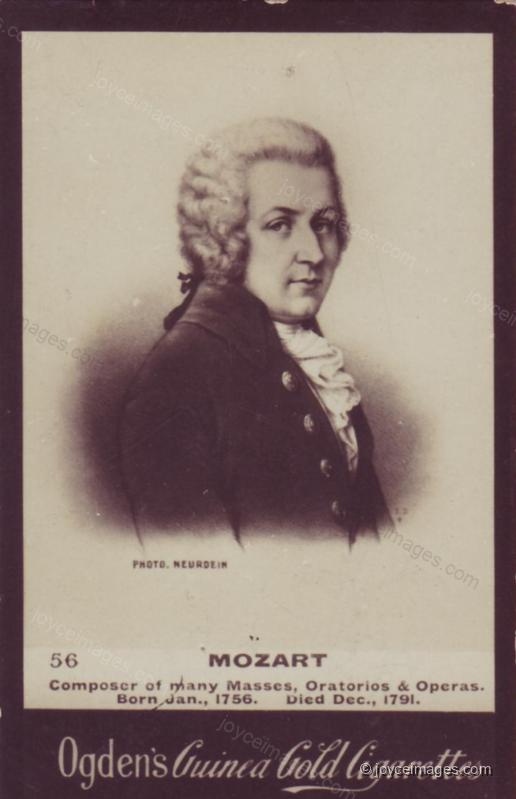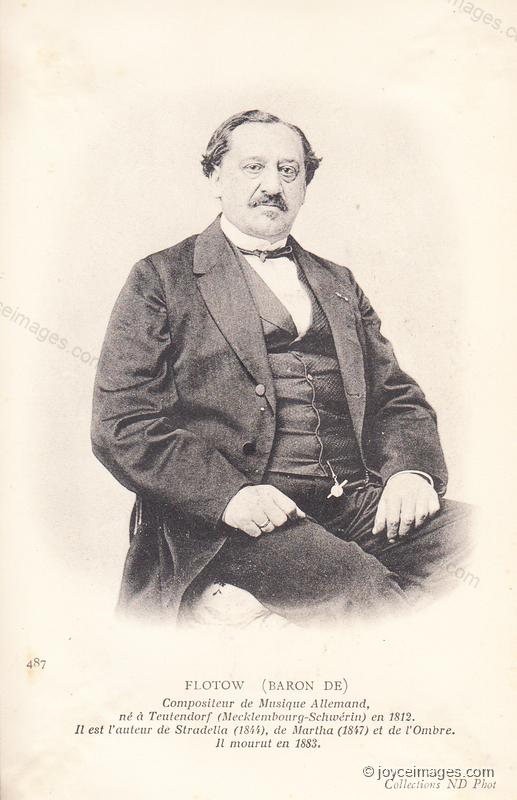"The sailor lugged out from a case he had a pair of greenish goggles which he very slowly hooked over his nose and both ears.
—Are you bad in the eyes? the sympathetic personage like the townclerk queried.
—Why, answered the seafarer with the tartan beard, who seemingly was a bit of a literary cove in his own small way, staring out of seagreen portholes as you might well describe them as, I uses goggles reading. Sand in the Red Sea done that. One time I could read a book in the dark, manner of speaking." (U16.1672)
—Are you bad in the eyes? the sympathetic personage like the townclerk queried.
—Why, answered the seafarer with the tartan beard, who seemingly was a bit of a literary cove in his own small way, staring out of seagreen portholes as you might well describe them as, I uses goggles reading. Sand in the Red Sea done that. One time I could read a book in the dark, manner of speaking." (U16.1672)
"Hereupon he pawed the journal open and pored upon Lord only knows what, found drowned or the exploits of King Willow, Iremonger having made a hundred and something second wicket not out for Notts, during which time (completely regardless of Ire) the keeper was intensely occupied loosening an apparently new or secondhand boot which manifestly pinched him as he muttered against whoever it was sold it, all of them who were sufficiently awake enough to be picked out by their facial expressions, that is to say, either simply looking on glumly or passing a trivial remark." (U16.1682)
"To cut a long story short Bloom, grasping the situation, was the first to rise from his seat so as not to outstay their welcome having first and foremost, being as good as his word that he would foot the bill for the occasion, taken the wise precaution to unobtrusively motion to mine host as a parting shot a scarcely perceptible sign when the others were not looking to the effect that the amount due was forthcoming," (U16.1691)
"making a grand total of fourpence (the amount he deposited unobtrusively in four coppers, literally the last of the Mohicans), he having previously spotted on the printed pricelist for all who ran to read opposite him in unmistakable figures, coffee 2d, confectionery do, and honestly well worth twice the money once in a way, as Wetherup used to remark.
—Come, he counselled to close the séance." (U16.1696)
—Come, he counselled to close the séance." (U16.1696)
"Seeing that the ruse worked and the coast was clear, they left the shelter or shanty together and the élite society of oilskin and company whom nothing short of an earthquake would move out of their dolce far niente. Stephen, who confessed to still feeling poorly and fagged out, paused at the, for a moment, the door.
— One thing I never understood, he said to be original on the spur of the moment. Why they put tables upside down at night, I mean chairs upside down, on the tables in cafes." (U16.1703)
From the Merriam Webster Dictionary:
Dolce far niente = pleasant relaxation in carefree idleness
Italian, literally, sweet doing nothing
First Known Use: 1814
— One thing I never understood, he said to be original on the spur of the moment. Why they put tables upside down at night, I mean chairs upside down, on the tables in cafes." (U16.1703)
From the Merriam Webster Dictionary:
Dolce far niente = pleasant relaxation in carefree idleness
Italian, literally, sweet doing nothing
First Known Use: 1814
"To which impromptu the neverfailing Bloom replied without a moment's hesitation, saying straight off:
— To sweep the floor in the morning.
So saying he skipped around, nimbly considering, frankly at the same time apologetic to get on his companion's right, a habit of his, by the bye, his right side being, in classical idiom, his tender Achilles. The night air was certainly now a treat to breathe though Stephen was a bit weak on his pins." (U16.1711)
— To sweep the floor in the morning.
So saying he skipped around, nimbly considering, frankly at the same time apologetic to get on his companion's right, a habit of his, by the bye, his right side being, in classical idiom, his tender Achilles. The night air was certainly now a treat to breathe though Stephen was a bit weak on his pins." (U16.1711)
"and chiefly the belauded peasant class, probably the selfsame evicted tenants he had put in their holdings. So they turned on to chatting about music, a form of art for which Bloom, as a pure amateur, possessed the greatest love, as they made tracks arm in arm across Beresford place.” (U16.1730)
"Wagnerian music, though confessedly grand in its way, was a bit too heavy for Bloom and hard to follow at the first go-off" (U16.1735)
"but the music of Mercadante's Huguenots, Meyerbeer's Seven Last Words on the Cross, and Mozart's Twelfth Mass, he simply revelled in, the Gloria in that being to his mind the acme of first class music as such, literally knocking everything else into a cocked hat." (U16.1737)
"He infinitely preferred the sacred music of the catholic church to anything the opposite shop could offer in that line such as those Moody and Sankey hymns or Bid me to live and I will live thy protestant to be. He also yielded to none in his admiration of Rossini's Stabat Mater, a work simply abounding in immortal numbers, in which his wife," (U16.1740)
Dwight Lyman Moody (1837 - 1899) was an American evangelist born in Northfield, MA. At 17, he moved to Boston and helped his uncle run a shoe store. He attended Mount Vernon Congregational Church, initially to please his uncle, but soon converted to Christianity. Moody started in Chicago the North Market Hall Sunday School which he built up to a membership of 1,500 (the largest of his time). During the Civil War, he was involved with the U.S. Christian Commission of the YMCA, and ministered at battlefields. It was on a trip to England in 1873 that he became famous as an evangelist preacher. Moody preached a Calvinistic creed which he accepted with all his heart, and was master of an effective style; his sermons abounded in personal allusions, shrewd remarks and home thrusts. He had no polish, little formal education, but he knew well the Bible and accepted it literally; he treated Bible characters very familiarly and enlivened his sermons by imaginary conversations with and between them. His preaching attracted gradually larger crowds, up to 30,000 people.
Dwight Lyman Moody (1837 - 1899) was an American evangelist born in Northfield, MA. At 17, he moved to Boston and helped his uncle run a shoe store. He attended Mount Vernon Congregational Church, initially to please his uncle, but soon converted to Christianity. Moody started in Chicago the North Market Hall Sunday School which he built up to a membership of 1,500 (the largest of his time). During the Civil War, he was involved with the U.S. Christian Commission of the YMCA, and ministered at battlefields. It was on a trip to England in 1873 that he became famous as an evangelist preacher. Moody preached a Calvinistic creed which he accepted with all his heart, and was master of an effective style; his sermons abounded in personal allusions, shrewd remarks and home thrusts. He had no polish, little formal education, but he knew well the Bible and accepted it literally; he treated Bible characters very familiarly and enlivened his sermons by imaginary conversations with and between them. His preaching attracted gradually larger crowds, up to 30,000 people.
Moody led evangelical campains in England, Scotland, and later throughout the USA, Canada and Mexico. Starting in 1873, Moody was accompanied by Ira D. Sankey, initially as a solo singer, and later as music and choir director as well.
Ira D. Sankey (1840 - 1908) was an American gospel singer and composer born in Edinburg, PA. At age 16, he was converted at a revival meeting at the King's Chapel Church near his home. He was a soldier for the Union during the Civil War, then took a job with the Internal Revenue Service. He was involved with the U.S. Christian Commission of the YMCA, and president of their Newcastle branch. He became well known as a gospel singer, with a melodious baritone voice of rich resonant quality, and was invited to sing at conventions, conferences, and political gatherings. Sankey met Dwight L. Moody in 1870 at a YMCA convention in Indianapolis, IN and was invited to join him on his evangelical campaigns; he soon accepted, resigning from his government job. Sankey accompanied Moody on the 1873-75 revival in the British Isles, and later campaigns in the USA and throughout the world.
Ira D. Sankey (1840 - 1908) was an American gospel singer and composer born in Edinburg, PA. At age 16, he was converted at a revival meeting at the King's Chapel Church near his home. He was a soldier for the Union during the Civil War, then took a job with the Internal Revenue Service. He was involved with the U.S. Christian Commission of the YMCA, and president of their Newcastle branch. He became well known as a gospel singer, with a melodious baritone voice of rich resonant quality, and was invited to sing at conventions, conferences, and political gatherings. Sankey met Dwight L. Moody in 1870 at a YMCA convention in Indianapolis, IN and was invited to join him on his evangelical campaigns; he soon accepted, resigning from his government job. Sankey accompanied Moody on the 1873-75 revival in the British Isles, and later campaigns in the USA and throughout the world.
Moody would arouse the audience with his preaching, then Sankey would sing, usually accompanied by organ music; in later years, he also led a choir into song. Sankey wrote the music for numerous hymns, many still sung today (The Ninety and Nine, A Shelter in the Time of Storm, Faith Is the Victory, Hiding in Thee, I Am Praying for You, Trusting Jesus, Under His Wings, When the Mists Have Rolled Away) and overall compiled some 1,200 hymns. The first hymn-book bearing the names of Sankey and Moody was published in England in 1873 as 'Sacred Songs and Solos.' A 'Gospel Hymns' series followed, with numbers 1-6 being published 1875 - 1891. By 1900, more than a million dollars had been paid to Sankey and Moody in royalties for the hymns. Sankey is considered the man who ushered in the gospel song era.
"Madam Marion Tweedy, made a hit, a veritable sensation, he might safely say greatly adding to her other laurels and putting the others totally in the shade in the jesuit fathers' church in Upper Gardiner street, the sacred edifice being thronged to the doors to hear her with virtuosos, or virtuosi rather. There was the unanimous opinion that there was none to come up to her and suffice it to say in a place of worship for music of a sacred character there was a generally voiced desire for an encore" (U16. 1745).
"On the whole though favouring preferably light opera of the Don Giovanni description and Martha, a gem in its line, he had a penchant, though with only a surface knowledge, for the severe classical school such as Mendelssohn." (U16.1752)
"And talking of that, taking it for granted he knew all about the old favourites, he mentioned par excellence Lionel's air in Martha, M'appari, which, curiously enough, he had heard or overheard, to be more accurate, on yesterday, a privilege he keenly appreciated, from the lips of Stephen's respected father, sung to perfection, a study of the number, in fact, which made all the others take a back seat." (U176.1755)
